
Stephen Morai
Threat Management AnalystStephen Morai specializes in cybersecurity threats, focusing on hackers and threat actors for government organizations. His content covers state-sponsored cyberattacks, advanced persistent threats (APTs), and the importance of threat intelligence in cybersecurity. Although focusing mainly on government-centered insights, Stephen’s publications also translate well to enterprises and large-scale organizations.
Recent advancements in cyber warfare highlight a persistent challenge: protecting U.S. defense and critical systems from Iranian cyber threats. This environment of increasing danger is defined by the strategic operations of Iranian state-sponsored actors, targeting vital sectors including the
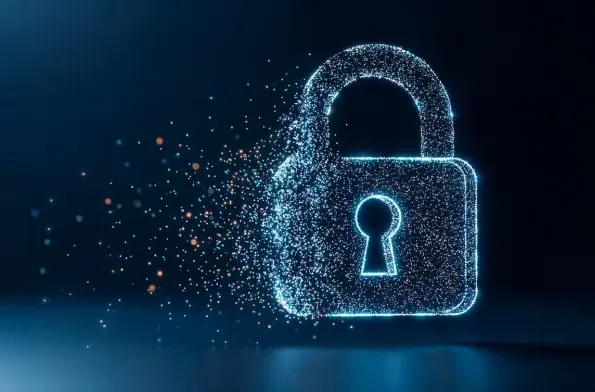
The cyber threat landscape is undergoing a profound transformation, marked by a growing convergence between traditional cybercrime and state-sponsored espionage. This development challenges long-held distinctions as malicious actors increasingly blur the lines in pursuit of their objectives. Two
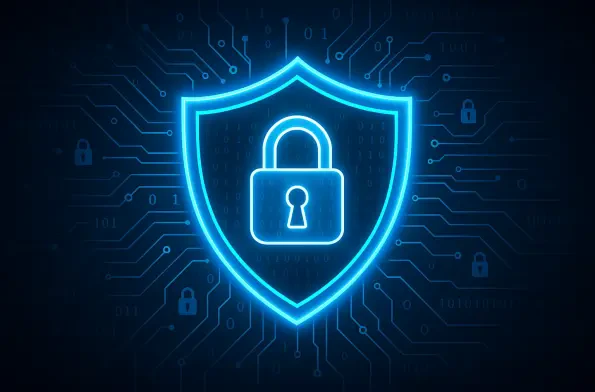
In today's rapidly evolving business landscape, reliance on Software as a Service (SaaS) platforms is greater than ever. These platforms have revolutionized operational efficiency by simplifying processes such as collaboration, deployment, and infrastructure management. However, as their
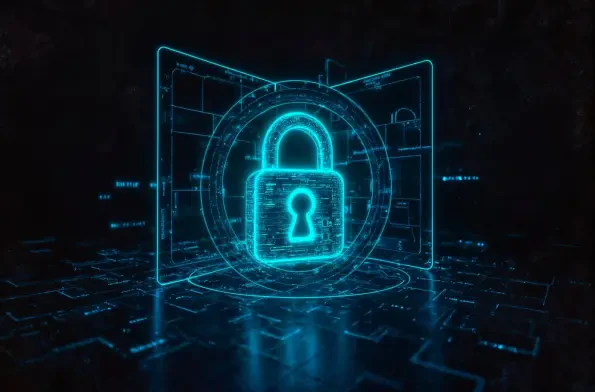
Recent developments have brought significant attention to app security measures within government agencies, highlighting the growing focus on safeguarding sensitive information. One notable instance is the decision by the U.S. House of Representatives to ban WhatsApp on government-issued devices.
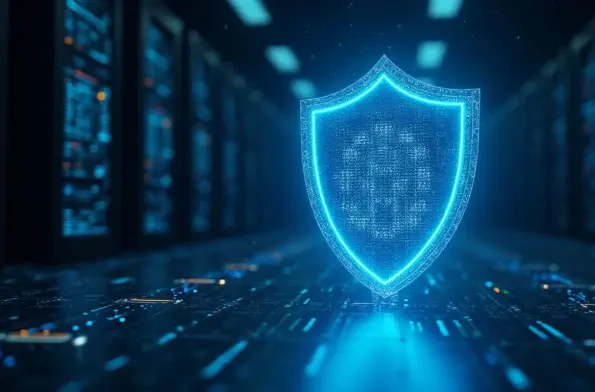
In the ever-evolving landscape of cyber threats, enterprises constantly face the challenge of maintaining secure environments while embracing collaborative solutions. Microsoft's Entra ID provides a robust identity and access management system, yet it comes with its own set of risks,
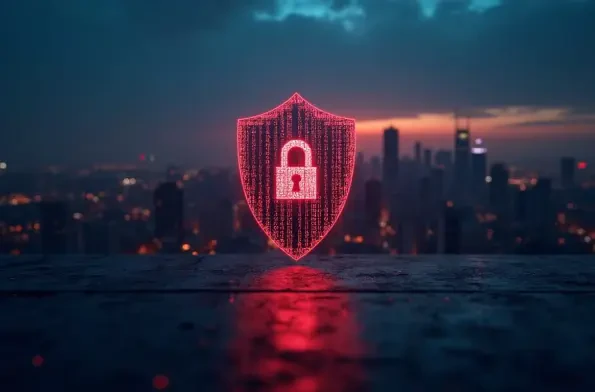
In a significant technological security breach, cyber-espionage campaigns have become more sophisticated, employing increasingly advanced tactics to infiltrate sensitive regions. Notably, a particular campaign attributed to China-nexus actors, dubbed "LapDogs," has generated substantial
Imagine a world where a ransomware attack doesn't just freeze your crucial files; instead, it escalates into an overwhelmingly personal crisis, with threats of legal action arriving in your inbox. This is not a hypothetical argument; it is the startling evolution of cybercrime perpetrated by

Our Picks
